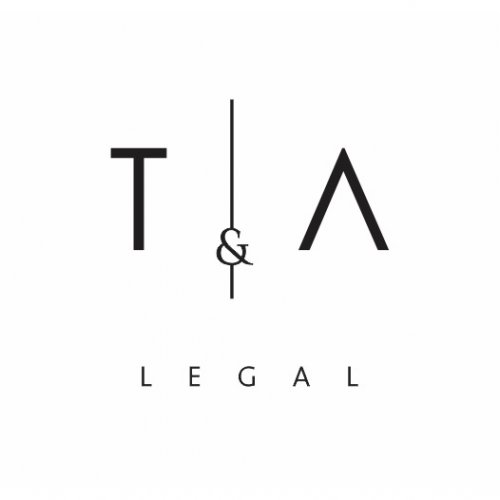Best Collaborative Law Lawyers in Abuja
Share your needs with us, get contacted by law firms.
Free. Takes 2 min.
Free Guide to Hiring a Family Lawyer
List of the best lawyers in Abuja, Nigeria
About Collaborative Law in Abuja, Nigeria
Collaborative Law in Abuja, Nigeria is a method of dispute resolution where both parties work together with their lawyers to reach a mutually acceptable agreement outside of court. This approach promotes open communication, cooperation, and respect among the parties involved.
Why You May Need a Lawyer
You may need a lawyer in Collaborative Law to ensure your rights are protected, to navigate the legal process effectively, and to help you reach a fair and favorable resolution. Common situations where legal help is necessary include divorce or family disputes, business conflicts, and estate planning matters.
Local Laws Overview
In Abuja, Nigeria, Collaborative Law is governed by the Collaborative Law Practice Rules which outline the procedures and requirements for participating in the collaborative process. These rules emphasize privacy, confidentiality, and the voluntary nature of collaborative agreements.
Frequently Asked Questions
Q: What is the role of a lawyer in Collaborative Law?
A: The lawyer's role is to advise and represent you throughout the collaborative process, helping you negotiate and reach a fair agreement.
Q: Is Collaborative Law legally binding in Abuja, Nigeria?
A: Yes, once an agreement is reached and signed by both parties, it becomes legally binding and enforceable in court.
Q: How long does the Collaborative Law process take?
A: The length of the process depends on the complexity of the issues involved and the willingness of the parties to cooperate. It can range from a few weeks to several months.
Q: Can I switch from Collaborative Law to traditional litigation if needed?
A: Yes, if both parties agree, you can transition from Collaborative Law to traditional litigation. However, this may result in additional time and costs.
Q: What are the benefits of Collaborative Law compared to litigation?
A: Collaborative Law offers a more amicable and cost-effective approach to resolving disputes, promotes cooperation, and allows both parties to have more control over the outcome.
Q: Are the discussions in Collaborative Law confidential?
A: Yes, all communications and information shared during the collaborative process are confidential and cannot be used in court without consent.
Q: What happens if we cannot reach an agreement in Collaborative Law?
A: If an agreement cannot be reached, both parties will need to seek alternative dispute resolution methods or proceed to litigation in court.
Q: Can I choose my own Collaborative Law lawyer in Abuja, Nigeria?
A: Yes, you have the right to choose your own lawyer who is trained and experienced in Collaborative Law practice.
Q: How much does Collaborative Law cost in Abuja, Nigeria?
A: The cost of Collaborative Law varies depending on the complexity of the case, the number of meetings required, and the fees of your lawyer. It is generally more cost-effective than traditional litigation.
Q: How can I find a Collaborative Law lawyer in Abuja, Nigeria?
A: You can search online, ask for referrals from friends or colleagues, or contact the Collaborative Law Association of Nigeria for recommendations.
Additional Resources
For more information on Collaborative Law in Abuja, Nigeria, you can visit the Collaborative Law Association of Nigeria website or contact the Abuja Bar Association for assistance.
Next Steps
If you are in need of legal assistance in Collaborative Law, it is recommended to schedule a consultation with a qualified lawyer who can guide you through the process, explain your rights, and help you achieve a fair resolution.
Lawzana helps you find the best lawyers and law firms in Abuja through a curated and pre-screened list of qualified legal professionals. Our platform offers rankings and detailed profiles of attorneys and law firms, allowing you to compare based on practice areas, including Collaborative Law, experience, and client feedback.
Each profile includes a description of the firm's areas of practice, client reviews, team members and partners, year of establishment, spoken languages, office locations, contact information, social media presence, and any published articles or resources. Most firms on our platform speak English and are experienced in both local and international legal matters.
Get a quote from top-rated law firms in Abuja, Nigeria — quickly, securely, and without unnecessary hassle.
Disclaimer:
The information provided on this page is for general informational purposes only and does not constitute legal advice. While we strive to ensure the accuracy and relevance of the content, legal information may change over time, and interpretations of the law can vary. You should always consult with a qualified legal professional for advice specific to your situation.
We disclaim all liability for actions taken or not taken based on the content of this page. If you believe any information is incorrect or outdated, please contact us, and we will review and update it where appropriate.











